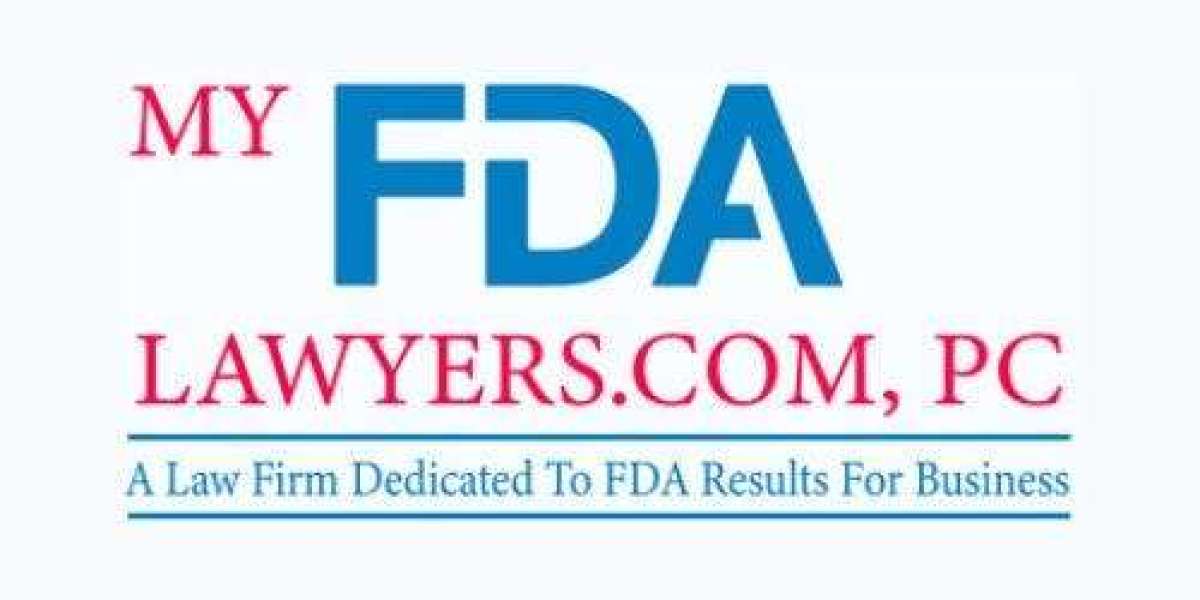In the highly regulated landscape of food and drug industries in the United States, compliance with the rules and regulations set forth by the Food and Drug Administration (FDA) and the United States Department of Agriculture (USDA) is crucial for businesses to operate smoothly and avoid costly penalties. FDA attorneys play a pivotal role in ensuring that companies adhere to these regulations, especially in areas such as FDA inspections, detentions, and USDA permits. In this comprehensive guide, we will explore the key aspects of FDA and USDA regulations, the role of FDA attorneys, and how businesses can navigate these regulatory frameworks effectively.
Understanding FDA Regulations
The FDA is responsible for regulating a wide range of products, including food, drugs, medical devices, cosmetics, and dietary supplements. Its primary goal is to protect public health by ensuring the safety, efficacy, and quality of these products. For businesses involved in the production, distribution, and sale of FDA-regulated products, compliance with FDA regulations is non-negotiable.
FDA Inspections
One of the essential functions of the FDA is conducting inspections to verify compliance with regulatory requirements. FDA inspections can occur at any time and without prior notice, so businesses must be prepared at all times. During an inspection, FDA investigators review various aspects of the facility's operations, including manufacturing processes, record-keeping practices, and product labeling.
FDA inspections can be daunting for businesses, as they often involve meticulous scrutiny of procedures and documentation. However, with the assistance of experienced FDA attorneys, companies can navigate these inspections with confidence. FDA attorneys can advise businesses on preparing for inspections, conducting internal audits, and responding to any observations or citations issued by the FDA.
FDA Detentions
When the FDA identifies products that violate regulatory standards, it has the authority to detain those products to prevent them from reaching consumers. FDA detentions can occur for various reasons, including contamination, mislabeling, or failure to meet manufacturing standards. For businesses, FDA detentions can be financially damaging and tarnish their reputation if not handled properly.
FDA attorneys play a critical role in assisting businesses facing FDA detentions. They can help companies understand the reasons for detention, navigate the detention process, and develop strategies to resolve the issue promptly. Whether it involves submitting corrective actions, challenging the detention, or negotiating with the FDA, having knowledgeable legal representation is essential for a favorable outcome.
Navigating USDA Regulations
While the FDA primarily regulates processed foods, drugs, and medical devices, the USDA oversees the safety and quality of meat, poultry, and egg products. Like the FDA, the USDA has stringent regulations in place to ensure the integrity of the food supply chain and protect consumers from foodborne illnesses.
USDA Permits
Businesses involved in the production and distribution of meat, poultry, and egg products must obtain USDA permits to operate legally. These permits demonstrate that the facilities meet USDA standards for sanitation, hygiene, and food safety. Obtaining USDA permits can be a complex process, requiring meticulous attention to detail and compliance with specific requirements.
USDA permits are divided into various categories based on the type of operation, such as slaughterhouses, meat processing plants, and egg grading facilities. Each category has its own set of regulations that businesses must adhere to, and failure to comply can result in permit revocation or other enforcement actions.
Role of FDA Attorneys
FDA attorneys specialize in navigating the complex regulatory landscape of the FDA and USDA. They possess in-depth knowledge of relevant laws, regulations, and enforcement policies, allowing them to provide strategic guidance and legal representation to businesses in these industries.
Compliance Counseling
FDA attorneys help businesses understand their obligations under FDA and USDA regulations and develop compliance strategies to minimize the risk of enforcement actions. This includes reviewing manufacturing processes, labeling practices, and documentation to ensure they meet regulatory requirements.
Response to Enforcement Actions
In the event of an FDA inspection, detention, or other enforcement action, FDA attorneys assist businesses in formulating an appropriate response. This may involve preparing written responses to FDA observations, negotiating with FDA officials, or representing the company in administrative proceedings.
Litigation Support
In cases where enforcement actions escalate to litigation, FDA attorneys provide robust legal representation to defend their clients' interests. This may include challenging FDA decisions in federal court, seeking injunctions to prevent enforcement actions, or negotiating settlements with government agencies.
Conclusion
Navigating the regulatory landscape of the FDA and USDA can be challenging for businesses in the food and drug industries. However, with the assistance of experienced FDA attorneys, companies can ensure compliance with regulations, mitigate risks, and protect their interests. Whether it involves FDA inspections, detentions, USDA permits, or other regulatory matters, partnering with knowledgeable legal counsel is essential for long-term success in these highly regulated industries.








